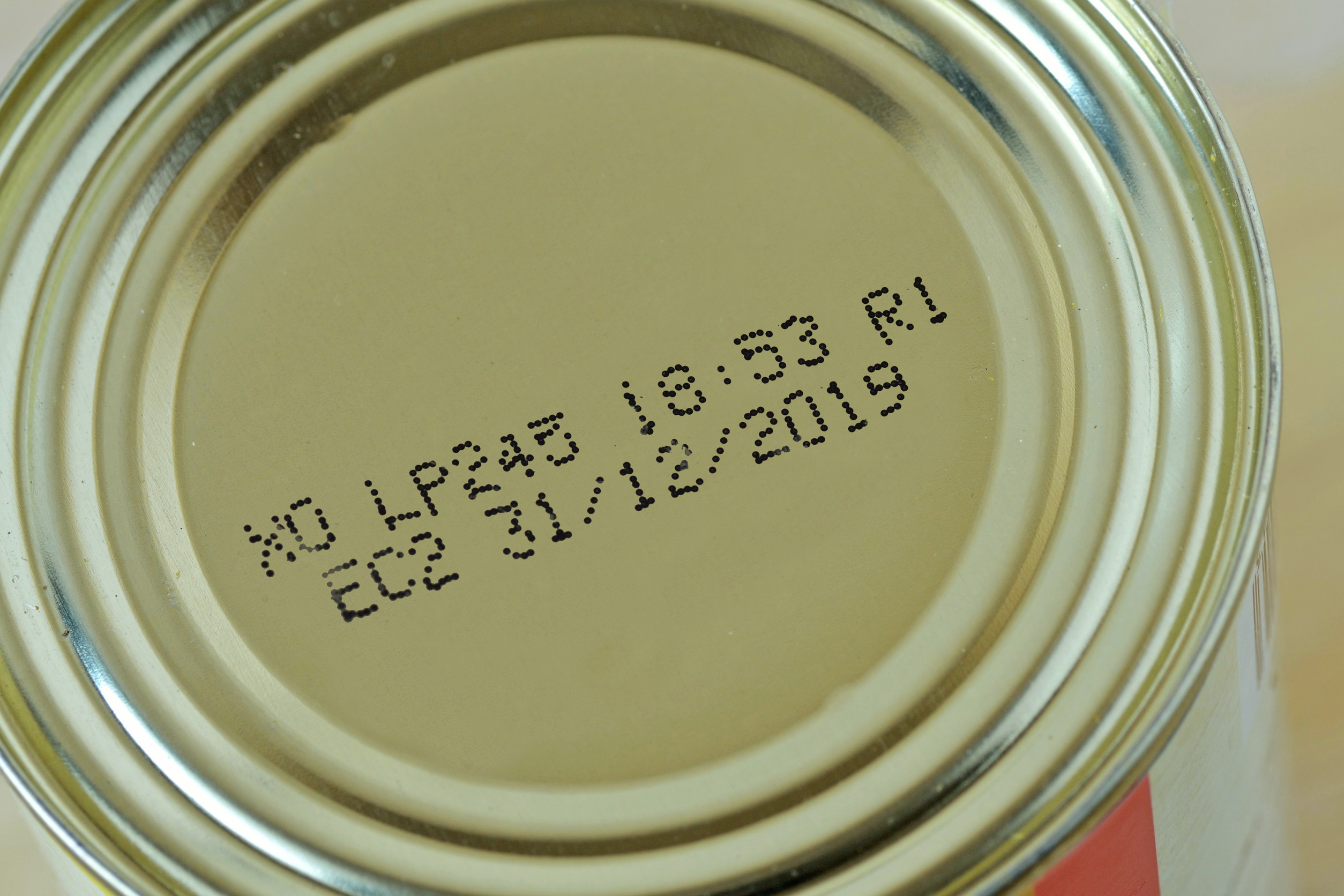
We’ve all spotted a clearance sticker on a product past its date and wondered, “Why is this even still in stores?” There’s a mix of economics, logistics, and regulations behind chain stores selling expired items on clearance—and knowing why it happens can help you shop smarter. From overstock dilemmas to misleading markdowns, there’s more at play than meets the eye. Let’s unpack ten of the most common reasons your store might still have those out-of-date bargains hanging around.
Overstock Meets Rough Demand Forecasts
Big grocery chains often overorder to ensure availability—especially for perishable goods. When sales projections fall short, retailers must move inventory fast to limit losses. By marking down—sometimes past the expiration—stores can recoup value rather than waste product. It’s a classic cost-control move in supply chain management. This is a primary reason behind chain stores selling expired items on clearance, especially for high-margin perishables.
‘Sell-By’ Dates Don’t Mean ‘Unsafe to Eat’
Retailers largely view “sell-by” dates as inventory-management cues, not health markers. The USDA confirms “sell-by” dates inform stores when to rotate stock—not when food becomes unsafe. Many products remain perfectly edible beyond this date. Still, once a date passes, stores often dump the product to reduce food waste—unless they markdown it quickly. That confusion is a key component of why chain stores selling expired items on clearance persist.
Regulations Vary by State
There’s no single federal law banning the sale of all expired foods, except for infant formula. That means states—and even store policies—fill in the gaps. For example, in Oregon, perishable foods with an “open pull date” must be removed within eight business hours or clearly marked and segregated. But many states are looser, letting stores clear out products at discounted rates rather than trashing them. That patchwork of rules fuels the landscape of chain stores selling expired items on clearance.
Grocery Chains Want to Minimize Waste, Not Profits
While nearly one-third of food in the U.S. ends up wasted, most grocery chains aim to avoid tossing still-safe food. Instead of discarding items that are past prime, many discount and donate, or sell through salvage channels. Stores like Trader Joe’s and Food Lion often donate, while others may route expired-but-shelf-stable goods to reclamation centers. That’s part of why you still see markdowns on products nearing or just past expiration.
Overstock, Overstock, Overstock
Beyond perishables, even durable items can go on clearance if demand underwhelms. Closeout sales help stores clear space for fresh inventory—sometimes even at a loss—rather than let items linger unsold. That explains markdowns of seasonal, bulky, or slow-moving goods—even when past their ideal selling window. It’s another reason behind chain stores selling expired items on clearance.
Pricing Errors & Expired Tags Cause Confusion
In recent investigations, Kroger stores were found to still display expired sale tags, leading to customer overcharges—even when items were no longer discounted. In one case, items expired by as much as 90 days still rang at the higher price. This not only steals trust—it points to breakdowns in staff training and shelf maintenance. Such errors underscore how pricing and date-tag mistakes fuel the continuation of chain stores selling expired items poorly on clearance.
Legal Risk Spurs Big Fines
Selling truly expired goods—like baby formula or OTC meds—can cost retailers serious money. California’s Save Mart chain paid $1.6 million in civil penalties after selling dated baby food and medications. It proves that while clearance is acceptable, selling past “use-by” dates crosses legal lines. Chains must differentiate expiry standards—or risk fines and reputation damage. That also explains why some shelves still have “expired” items labeled carefully for clearance.
UK’s Asda Learns the Hard Way
Across the pond, Asda faced a £640,000 fine after inspectors found over 115 expired foods—in some cases over two weeks past their sell-by dates. The chain blamed outdated date-check procedures but has since implemented more frequent reviews of short- and long-life items. This high-profile case shows that chain stores selling expired items on clearance can lead to substantial consequences—and why systems matter.
Some SKU Systems Hide Expired Goods
Behind the scenes, some retailers use “opaque selling” to combine items indistinctly, reducing waste via collective markdowns. While efficient, this strategy can obscure whether the product has passed its peak. Without clear labeling, customers may unknowingly buy products on clearance past optimal freshness—yet still technically edible. It’s a less obvious driver behind chain stores selling expired items on clearance.
Clearance Policies Don’t Guarantee Returns
Even when expired items are sold as-is, return policies often don’t apply to clearance sales. For example, Old Navy marks final markdown items with special tags (.47 or .97 endings), making them non-refundable. While not about food, a similar principle can apply to clearance goods labeled “as is”—meaning you accept risk when buying them. It’s a subtle reason stores feel comfortable selling discounted expired products.
Buy Smart, Save Smarter
Understanding why chain stores sell expired items on clearance empowers you to navigate clearance aisles confidently. Always check dates, read store labels, compare prices at checkout, and consider whether a deal’s worth the risk. Stores aim to minimize loss—but as a shopper, you can maximize value by staying alert.
Have you ever unintentionally bought expired items on clearance—or spotted sneaky pricing tags? Share your stories (and tips!) in the comments below!
You May Also Like
6 Items That Grocery Workers Always Avoid on Clearance
Why Are Loyalty Programs Offering Fewer Real Discounts in 2025?
7 Retail Chains That Disguise Clearance as “Limited Time” Offers
8 Discounts That Only Show Up If You Ask at Checkout
8 Overpriced Items That Always End Up in the Clearance Bin
The post Why Are Chain Stores Selling Expired Items on Clearance? appeared first on Grocery Coupon Guide.







